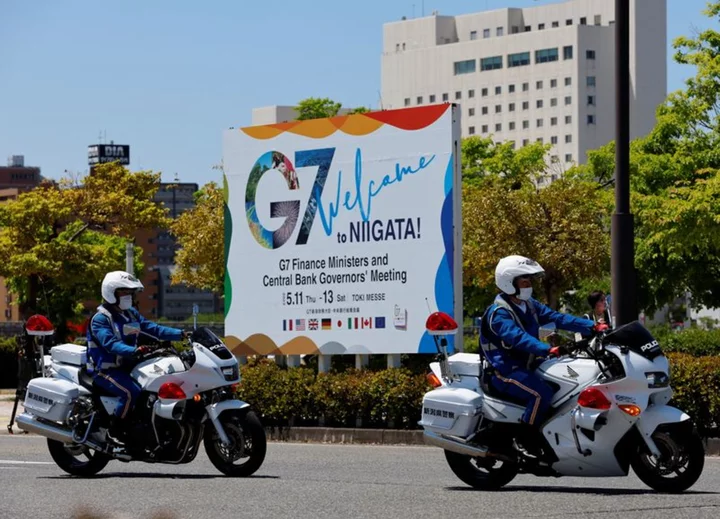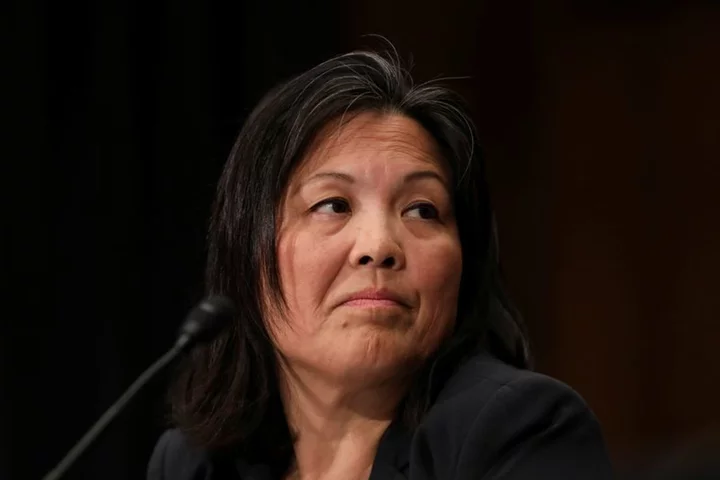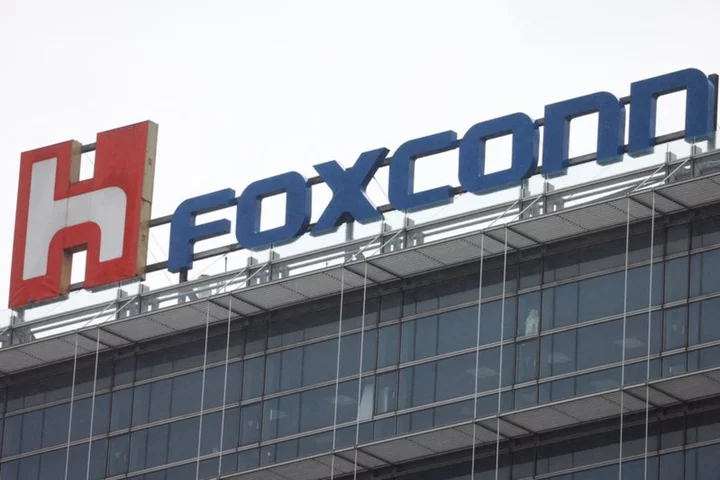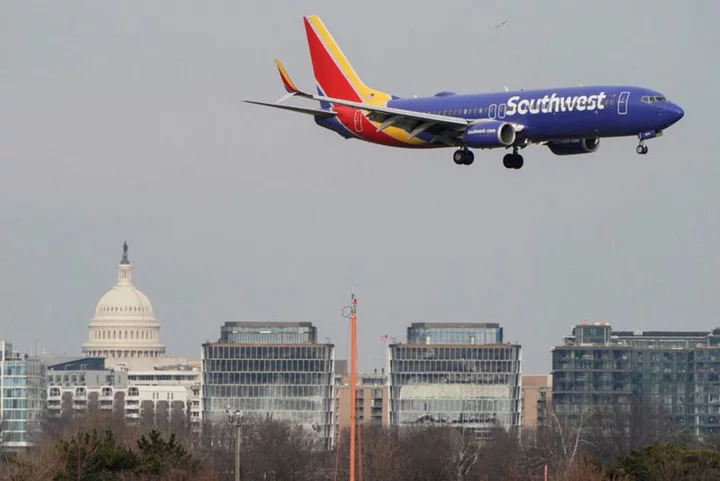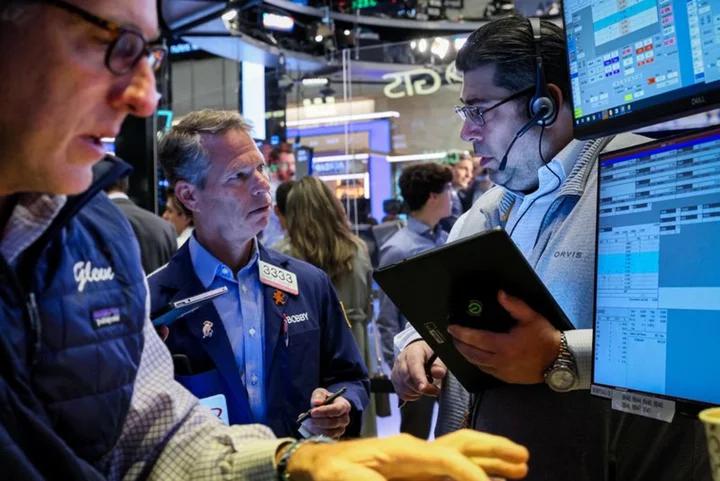By Trevor Hunnicutt
WASHINGTON Leaders of the Group of Seven (G7) countries are set to issue a statement of concern about China's use of "economic coercion" in its dealings abroad when they gather next week, according to a U.S. official familiar with the discussions.
The statement, a likely component of the overall communique that will be released by leaders during the May 19-21 summit in Hiroshima, Japan, is expected to be paired with a broader written proposal for how the seven advanced economies will work together to counter "economic coercion" from any country.
The main G7 statement is set to include "a section specific to China" with a list of concerns that include "economic coercion and other behavior that we have seen specifically from the [People's Republic of China]," the official said on Friday.
A separate "economic security statement will speak more to tools" used to counter those efforts, including planning and coordination, the person said. In each case, these statements are to expected go further than prior statements by the G7.
U.S. President Joe Biden has made China a focus of his foreign policy, working to keep the tense and competitive relationship from veering into one of open conflict, including over self-ruled Taiwan.
The G7, which also includes Canada, France, Germany, Italy and the United Kingdom, is closely tied economically to China, the world's biggest exporter and a key market for many of the seven countries' companies.
Last month, China called a statement by the G7 foreign ministers that touched on similar topics "full of arrogance, prejudice against China," and lodged complaints with this year's G7 host, Japan.
Under Biden's predecessor, President Donald Trump, G7 statements often offered only a cursory mention of issues involving China. The Biden administration has pushed for more direct statements.
The joint statement issued by all the G7 leaders every year is intended to signal that the powerful countries are aligned on a range of political and economic issues.
G7 members will also hold out the prospect of further cooperation with China on areas like climate.
"We're not for decoupling the U.S. and Chinese economy, we are for de-risking, we are for diversifying," said the U.S. official. "That principle is very unifying."
Negotiations over the precise language of the leaders' joint declarations are still subject to diplomacy and adjustment before they are released during summit.
CHINA TESTS G7 ALLIANCE
The G7 meeting will be a test of how much the members, all rich democracies, can agree on a common approach to China, the world's second largest economy.
The China terms have been a major subject of the talks currently underway by G7 finance leaders in Niigata, where they have focused on reducing "over-reliance" of their countries' supply chains on Chinese manufacturing, including by partnering with low- and middle-income countries.
Some of the countries are skeptical about signing on to policies championed by the Biden administration, such as controls on outbound investment in China.
The policies are being drafted partly to help deny China's military access to tools it could use to gain technological superiority, and many in the Biden administration see them as complementary to export controls restricting access to some semiconductors that have the same goal.
"Of course, each member of the G7 is to some extent going to carve their own path on China and yet there are also a set of kind of principles that unite the G7 in a common approach to China," said the U.S. official.
Traveling for the G7 finance meeting in Japan, U.S. Treasury Secretary Janet Yellen said on Thursday that China had clearly used economic coercion with Australia and Lithuania.
Hanging over the meeting was a lack of progress in resolving the U.S. debt ceiling stalemate. A scheduled meeting on Friday between Biden and top lawmakers was postponed until early next week as Biden's Democrats and Republicans seek a compromise to avoid a catastrophic default.
U.S. officials, nonetheless, expect the president to attend the two-day summit as planned, followed by trips to Papua New Guinea and Australia also aimed at shoring up Washington's approach to the China-dominated Asia-Pacific region.
(Reporting by Trevor Hunnicutt; Edited by Heather Timmons and Leslie Adler)

